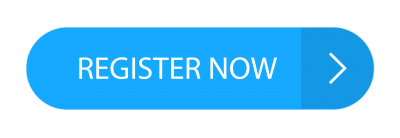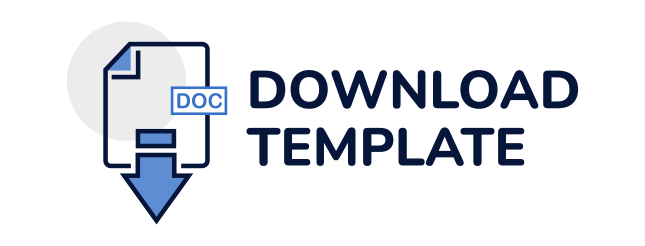Imaginary & Deep Breathing Method to Decrease procrastination in University Students
Abstract
Full Text:
PDFReferences
Blouin‐Hudon, E. M. C., & Pychyl, T. A. (2017). A mental imagery intervention to increase future self‐continuity and reduce procrastination. Applied Psychology, 66(2), 326-352.
Chao, M., Zhang, Y., & Chiu, C. (2020). Effects of Deep Breathing Exercise on Anxiety and Stress in Students During the COVID-19 Pandemic: A Randomized Controlled Trial. Journal of Educational Psychology, 112(5), 857-866.
Fauziah, H. H. (2015). Fakor-faktor yang mempengaruhi prokrastinasiakademik pada mahasiswa Fakultas Psikologi Uin Sunan Gunung Djati Bandung. Psympathic Jurnal Ilmiah Psikologi, 2(2) 123-132.
Malouff, J. M., Schutte, N. S., & Rooke, S. E. (2020). Effectiveness of Guided Imagery for Reducing Test Anxiety in University Students. Journal of Cognitive Enhancement, 4(1), 18-25.
Perciavalle, V., Blandini, M., Fecarotta, P., Buscemi, A., Di Corrado, D., Bertolo, L., ... & Coco, M. (2017). The role of deep breathing on stress. Neurological Sciences, 38(3), 451-458.
Saman, A. (2017). Analisis prokrastinasi akademik mahasiswa (studi pada mahasiswa jurusan psikologi pendidikan dan bimbingan fakultas ilmu pendidikan). Jurnal Psikologi Pendidikan & Konseling, 3(2) 50-62. ISSN: 2443-2202 e-ISSN: 2477-2518.
Steel, P. (2015). The Nature of Procrastination: A Meta-Analytic and Theoretical Review of Quintessential Self-Regulatory Failure. Psychological Bulletin, 133(1), 65-94.
Suhadianto. (2022). Bagaimana prokrastinasi akademik mahasiswa indonesia pada masa pandemi covid-19 pengujian deskriptif dan komparatif. Sukma : Jurnal Penelitian Psikologi, 3(1)71-81.
Toussaint, L., Nguyen, Q. A., Roettger, C., Dixon, K., Offenbächer, M., Kohls, N., & Sirois, F. (2021). Effectiveness of progressive muscle relaxation, deep breathing, and guided imagery in promoting psychological and physiological states of relaxation. Evidence‐Based Complementary and Alternative Medicine, 2021(1), 5924040.
Wangid, M. N. (2014). Prokrastinasi akademik: perilaku yang harus dihilangkan . TAZKIYA Journal of Psychology , 2 (2) 235-248.








.png)